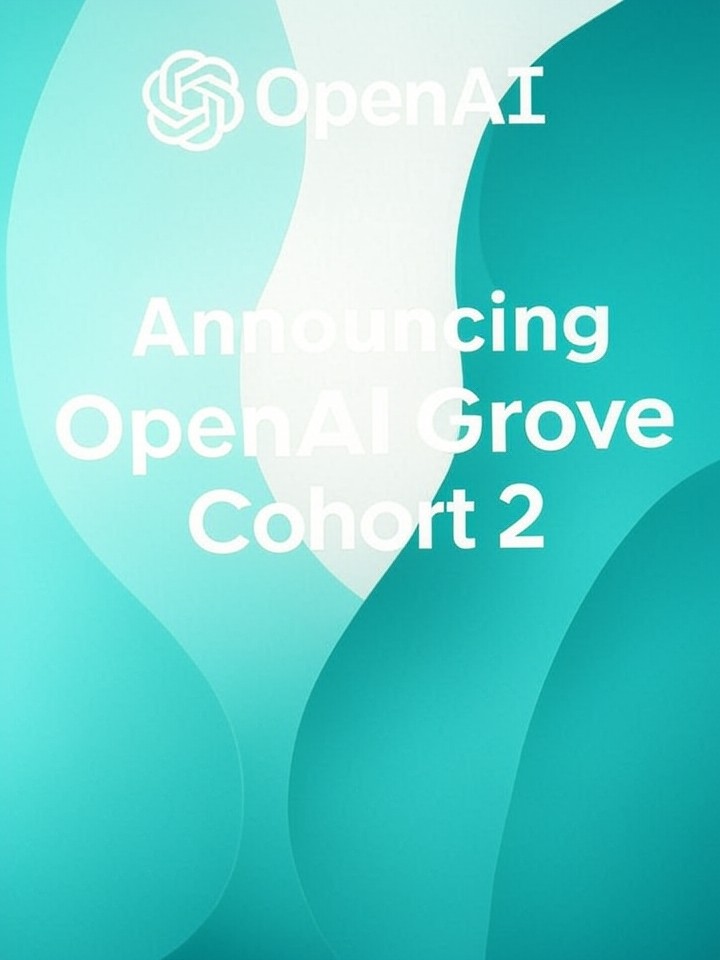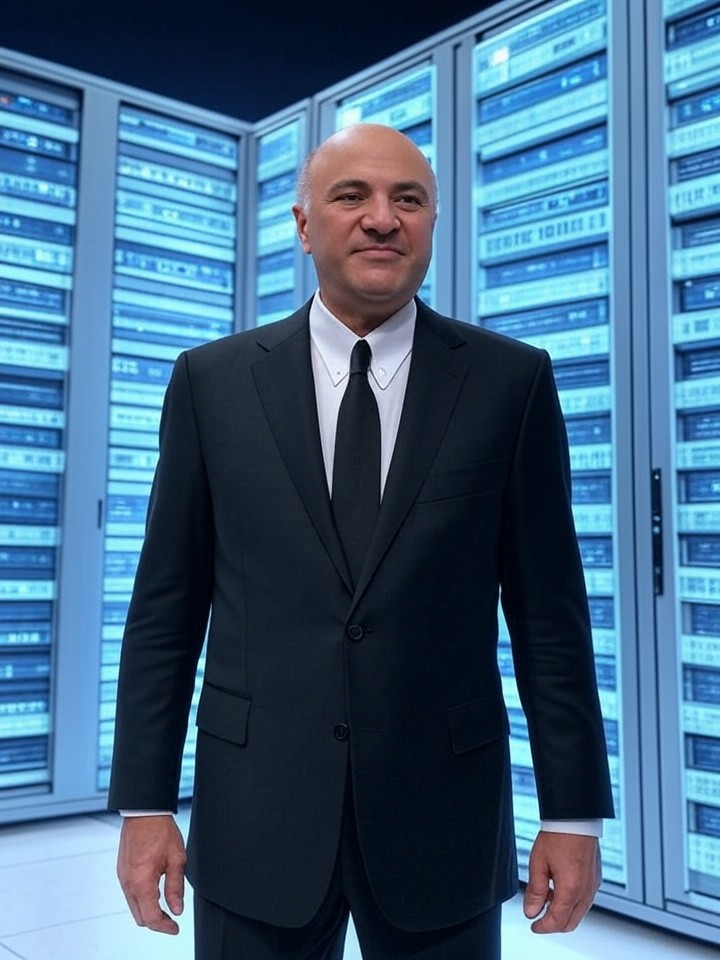Playing With Sadness, But Not Living With
I think sadness is the most complex emotion to make someone feel. Not as in just making someone frown or think, “Oh, that’s a pity,” but hard-hitting sadness. The feeling of your stomach sinking to your feet and mouth open with nothing to say are some of the symptoms of wallowing in pure sadness.
The feeling of physically looking away from whatever media you’re consuming also signals your sadness because you don’t know if you can bear the sorrow anymore. The sense of ending a book and just sitting there, book closed and body halted. I think that’s the most challenging feeling to write or feel, but it’s also the most rewarding.
I guess I’ve always had a fascination with sadness. I don’t know when it started or what pushed me over the edge, but I just do.
I think sadness is such a refreshing feeling, and after feeling sad for a while, you feel lighter. In my understanding, sadness is a rewarding phenomenon too, and I like rewards.
It’s nice to cry out all your emotions to a sad movie because you find yourself that you’ve left those emotions behind after crying. The most complicated feeling to express through words or acting is sadness, especially in writing.
I don’t particularly appreciate making people sad in real life, obviously, but making people unhappy through my craft is a different story. My words, work, and thoughts are powerful enough that someone feels sad about them, which is one of my most significant accomplishments. Not by making someone cry, though. Some tend to cry more, but we all feel, and I don’t want to see someone cry; I want them to feel.
Honestly, it’s kind of hard to explain, and I feel bad for saying it this way. Do I sound heartless? Like I want to make people sad on purpose? Am I apathetic? What is it about sadness? Why is that what I want people to feel?
My favorite example of pure sadness has to be No Longer Human by Osamu Dazai. I’ve read my fair share of sad books, but none of them is even close to what I read recently.
No Longer Human releases a new type of sadness, a type I thought could never be executed well. I don’t know what to call it, I barely know how to describe it, but it’s different. The sadness builds up slowly and then crashes onto you, but the feeling of melancholy is so overwhelming that your body doesn’t understand how it should respond. And then you just sit there, simultaneously sad and emotionless.
No Longer Human is a semi-autobiographical book written by Osamu Dazai, which depicts the story of a man who does not understand humankind. Ever since the main character, Oba Yozo, was a child, he couldn’t understand other people’s essential things. For example, he didn’t understand the concept of ‘hunger’ and said he never felt hungry but ate because he was told to.
It was simple things that other people understood that he just couldn’t, that made him feel alienated. Due to this, he invents something called ‘clowning,’ where he does obscure and hilarious things to his own expense, so people forget about his disconnection from others. He lives life this way, of clowning and drinking away his fears to the point of getting expelled from his university. Only when Oba falls in love with a woman named Yoshiko, he decides to turn his life around. After living a stable life for a while, he rekindles with a past friend, reverts to his alcoholic tendencies, and develops a morphine addiction. Soon after, he goes into a mental hospital and lives his life alone and isolated when discharged.
I think Dazai hit the nail on the head with this story.
I remember after finishing it that I just sat there, feeling like a snail without a shell. I was stripped from my protective layer, exposed to the cruel reality of our world.
When I finished reading it, I had nothing else I wanted to do. I just wanted to lay down on my bed and stare up at the ceiling, digging myself up a grave. I endured a type of sadness where your eyes do not need to cry because your heart is already crying far too much.
To quote Yosano at the end of the book, “No. I didn’t cry…I just kept thinking that when human beings get that way, they’re no good for anything”.
Honestly, by the end of the book, I felt the same. I watched this imperfect, innocent boy spiral into a cycle of depression and substance abuse, and self-destruction, but once I finished the book, all I was able to think was that Oba was doomed from the start. He had no support, no comfort, and that is valid alienation.
I only wonder, if he had someone who he could trust to speak to, would it be different? Soon after No Longer Human was published, Osamu Dazai killed himself. Knowing that part was the saddest thing about this book.
Although, even after writing this, I don’t understand myself. Why? I can think of a couple of answers, but those only bring up more questions. For one, I think I enjoy the disconnect. I hate feeling sad if it’s directly about me, but watching something and being sad is a whole other feeling. Like I can be in pain, but that pain won’t affect me or my life. It’s selfish of me, I know it is, but that’s the truth. I think another reason is that I want to replicate it.
Happiness is easy to describe. Anger is hugely circumstantial. So it’s relatively easy to talk and feel about happiness, but sadness?
How do you express sadness in a way that affects the readers? I can barely describe my own sadness most of the time. Knowing that my words were so well put together that they made others feel sad feels like an accomplishment. In some ways, it feels like winning a championship.
To win is to have others lose, and losing might bring those people pain, but you’ve won. You’re the winner. You made others fail, you made others cry, and you made others feel hopeless, but you won. When people said my writing made them sad, I’ve won.
Honestly, though, sad things don’t have too large of an impact on me. Well, at the moment, they do, but afterwards? It’s like I’ve forgotten about everything I felt. I may like crying during movies and picking up books, notoriously known for being incredibly heart-wrenching, but it doesn’t affect me afterwards.
Of course, No Longer Human will always stick with me, but when I think back on the book as I’m writing this, that sadness almost feels fake. It feels like some dream I had many nights ago, and I only remember snippets of it. Maybe that’s another reason I like sad media but not actual sadness.
It hurts to watch sad things, it does, but I never feel sad afterwards. I leave all that emotion behind me and walk forward, feeling no need to feel sad anymore. It’s therapeutic, as the ultimate stress reliever.
I might not understand myself or this twisted love of sadness, but it’s here. And until it becomes a hindrance, I’ve decided to befriend it. Who knows, maybe it’s a good thing after all.










